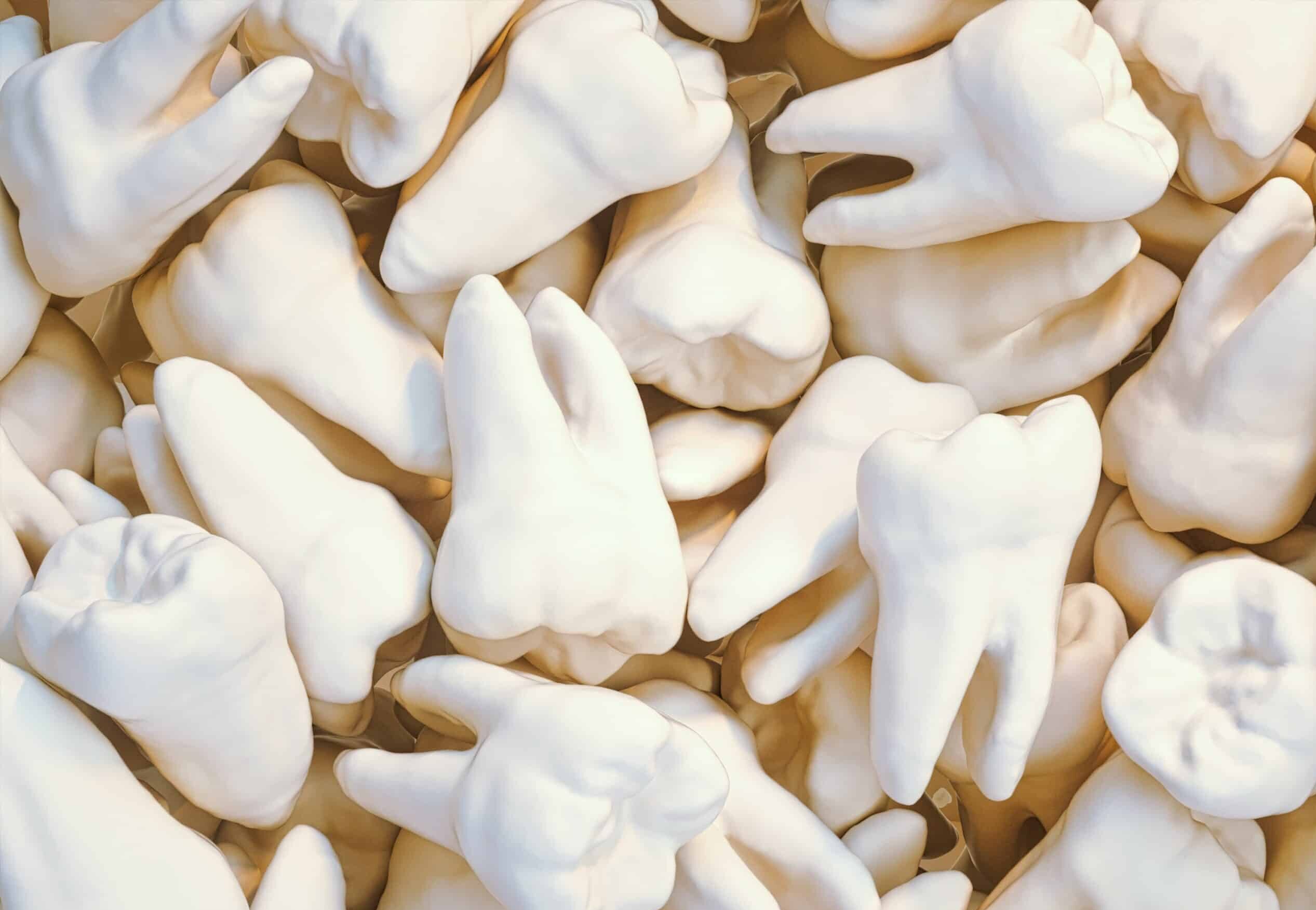How do you take care of your mouth during cancer treatment?
Article: Dr. Nadiya AlKindi – Consultant Special Care Dentistry
Some of the cancer treatments can cause mouth discomfort and pain. This may be due to mucositis or dry mouth.
To assist patients in reducing the effects of these complications, it is important to follow some simple instructions.
Caring for your teeth and mouth during cancer treatment
Dental care
It is important that you visit your dentist regularly during your cancer treatment for check-up to seek advice, and to report any changes, discomfort or pain as early as possible.
Brushing
Brushing your teeth is essential to prevent teeth and gum disease during cancer treatment.
* Brush your teeth daily within 30 minutes after a meal.
* Use a small, soft brush to gently clean your teeth and gums.
* Use a toothpaste containing fluoride to prevent dental decay.
Flossing
* Use a dental floss to clean between teeth daily at bedtime.
* Ask your dentist for advice if you are unfamiliar with using it.
Rinsing
Use one of these rinses to help up clearing the mouth and reduce discomfort:
1. Plain clean water at room temperature
2. 4 cups of water mixed with 1 teaspoon of salt or baking soda
3. A mouth wash not containing alcohol or sugar
Swish the mouth rinse and gargle with it for 15 to 30 seconds then spit out the rinse.
Do not use very hot or cold temperature rinses.
Do not use rinses that contain hydrogen peroxide unless you are advised by your doctor.
If you are not eating by mouth, continue to use the rinses to avoid dryness and infections.
Managing mouth complications during cancer treatment
As your mouth experiences changes during the treatment, avoid these things to reduce discomfort and pain:
1. Alcohol.
2. Tobacco.
3. Mouth rinses that contain alcohol.
4. Salty and spicy food.
5. Hard, dry, coarse food.
6. Very hot or cold food and drinks.
Pain
Your doctor will prescribe topical medications and rinses to control pain in the gums caused by small painful lesions also known as mucositis.
If you are experiencing dental pain, inform your physician or arrange to see your dentist.
Difficulty eating and swallowing
You may develop difficulty to chew food and swallow. If you do, it is important to see a Dietitian, who will help you manage these symptoms. The difficulties can be mild or completely impeding to eat. You may start by needing to moisten up your food by adding sauces and gravy. If the complications progress, you may need to change the consistency of your meals with the help of SLP to soft, puree, or liquid. Your dietitian will work with you to form a suitable diet plan covering your daily nutritional needs and will decide the need to prescribe nutritional supplement drinks and powders. In some cases, you may need to receive nutrition via a tube. These changes are usually short term but in some cases they may be needed longer term.
Dry mouth
To manage dry mouth, take regular sips of water throughout the day.
You can also try the following advice to reduce dry mouth:
1. Mouth moisturisers
2. Sugar-free gums
3. Spray water in mouth
4. Humidify the room
Consult your physician and the dental team at the centre for what is the best instructions to follow to manage mouth complications during your cancer treatment.





